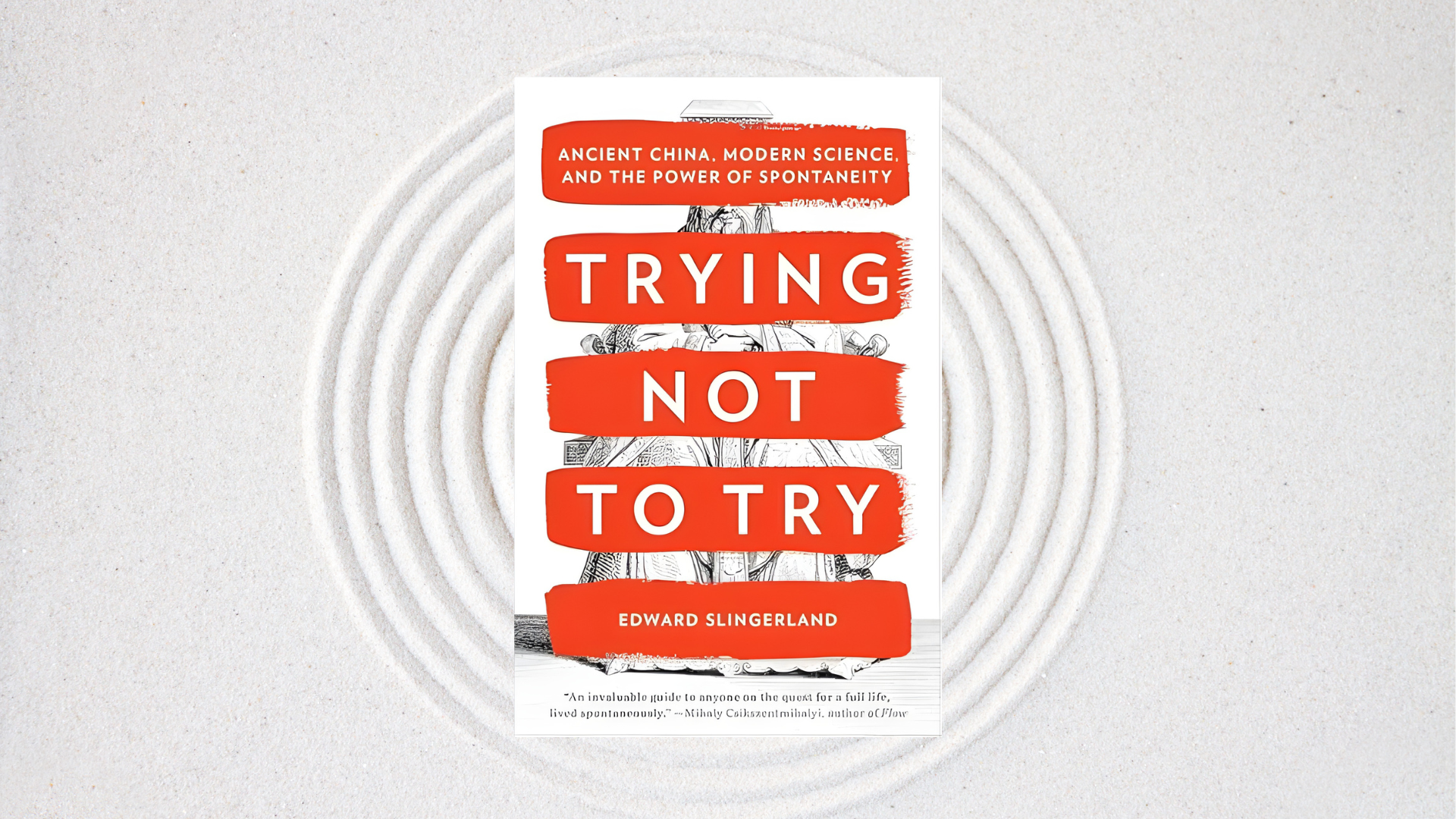WORK LESS WEDNESDAY
WLW #159
👋 Hey Reader!
This is issue #159 of Work Less Wednesday, where I share with you 5 things you should know about, in 5 minutes or less. That leaves you with 10,075 other minutes this week.
🎧 1. New Podcast Appearance – Building Your Brand w/ Rich Webster

A few weeks ago I recorded a podcast with a great brand designer, podcast host, and one of my 🏖️How To Work Less students Liz Mosely.
Delighted to share that it has gone live today.
In the episode we discussed:
- 🧠 The 1% Brain Power Myth
- 🤹 Why Diversification Is A Distraction
- 💼 The Difference Between “Expert” & “Marketing” Businesses
- 🛠️ How To Systemize Your “Non-Genius” Work
- ⏰ The “One In, One Out” Rule For Your Time
Listen to the 45 minute conversation here.
🇧🇸2. Greetings From The Bahamas – Build Systems So You Can Go On Vacation

This week my wife and I are enjoying a much needed vacation in the Bahamas.
If you’re curious, we’re staying at Rosewood, Baha Mar.
And you know what’s really great?
While I’m gone, things keep happening.
- Posts go out on Instagram.
- Work Less Wednesday gets sent.
- Admin get handled.
Why?
Because I’ve built systems, and a team to run them.
(I just brought on a new team member last week, detailed breakdown on that process soon.)
Even right now, we’re in the middle of the process of refining our systems for content creation ⬇️

Want to learn how to do it?
(So you can go on vacation and not have your business grind to a halt.)
It’s all there in 🏖️ How To Work Less.
Everyone from CEOs of 8 figure businesses to freelancers just getting started use my principles and systems.
I’ll see you next week.
📕3. Book I’m Reading – Trying Not To Try by Edward Slingerland

This book was recommended by my friend Joe Wu.
He said, “It’s the best articulation I’ve found by a credible scholar. It introduces the philosophy I inherited from my mentor and which we practice.”
The full title is “Trying Not to Try: Ancient China, Modern Science, and the Power of Spontaneity.”
The description from Amazon:
In Trying Not To Try, Edward Slingerland explains why we find spontaneity so elusive, and shows how early Chinese thought points the way to happier, more authentic lives. We’ve long been told that the way to achieve our goals is through careful reasoning and conscious effort. But recent research suggests that many aspects of a satisfying life, like happiness and spontaneity, are best pursued indirectly. The early Chinese philosophers knew this, and they wrote extensively about an effortless way of being in the world, which they called wu-wei (ooo-way). They believed it was the source of all success in life, and they developed various strategies for getting it and hanging on to it.
🃏4. Nerd Activity I Did On Friday – Magic The Gathering Pre-Release

Yeah I did it again.
Gamers only.
🖐 5. More Things I’m Into This Week…
🎧 Deep Work Music App I Still Find Myself Coming Back To – Endel
☕ Funky, Experimental Coffee I’m Loving – Hydrangea Coffee Roasters
👚 MASSIVE Hack For Traveling (We Used On Our Trip) – Travel Vacuum Sealer
🤖 AI Is Mandatory At This $10bn Hedge Fund – Interview w/ Will England
📺 TV Show I’m Loving – The Rehearsal (Season 2)
🎧 ON THE PODCAST 🎧
Ep. 32 – 🦈 7 Business Lessons From SUPER Expensive Art
What does a dead shark in a glass tank have to teach you about pricing, branding, and human behavior?
A lot, actually.
In this episode, I break down seven unexpected business lessons from the strange, status-obsessed world of high-end contemporary art:
1. Brand = Price.
2. High Price Creates Value.
3. Value by Association.
4. The Agent Gap.
5. Network is a Cheat Code.
6. Scarcity is a Power Tool.
7. People Who Pay, Pay Attention.
